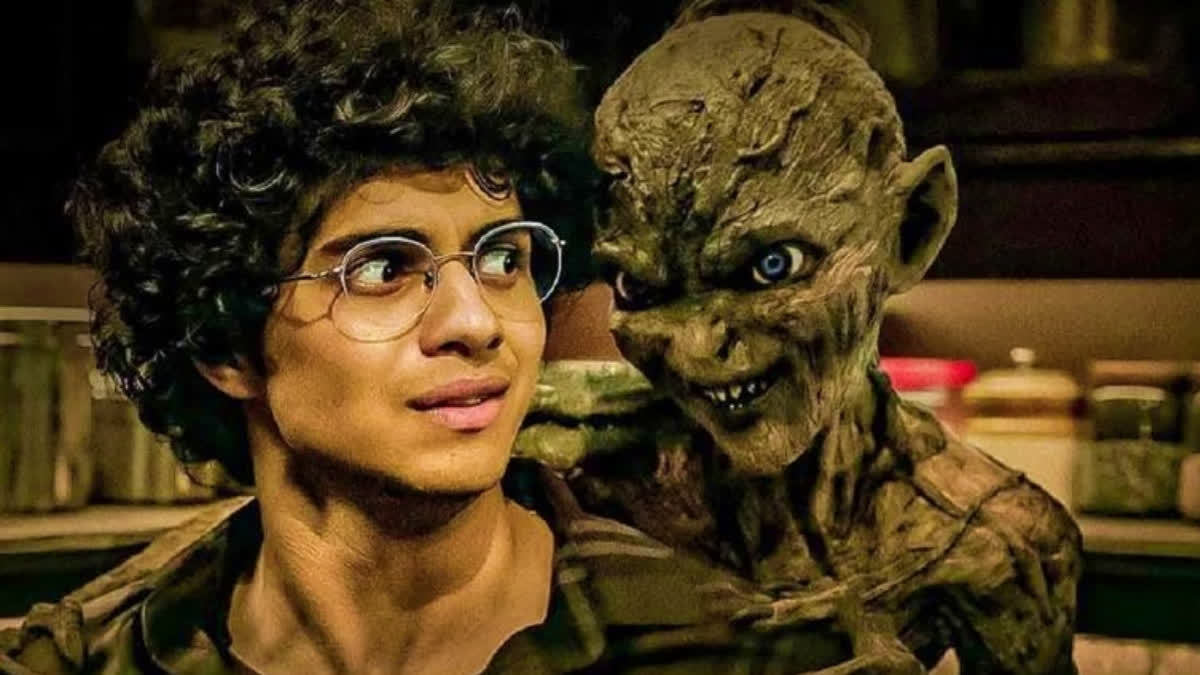Halloween’s just around the corner, and that means it’s time for cosplay, fake cobwebs and most importantly, horror movies. But the question we’re asking today is: Why do some people enjoy being scared out of their minds by blood-soaked slashers and supernatural terror? What is it about these tales of dread and murder that makes us not only watch them, but love them?
It’s not exactly a puzzle you solve with a single answer. The fascination with horror and slasher films runs deep into the human psyche. It’s a love affair built on fear, curiosity, adrenaline and weirdly, a safe way to confront the darkness we try to avoid in real life. No one wants to be chased by a masked lunatic with a chainsaw, but put that same situation on screen, and suddenly it becomes irresistible.
A Safe Place to Be Afraid
Psychologist Mrunali D Patil, Counselor at Department of Psychology, KBP College, explains the paradox: “Horror movies provide a safe environment to experience fear and adrenaline rushes.” It’s the thrill of stepping into chaos, knowing full well that it’s all pretend. You can watch blood splatter, monsters rise from the shadows, and supernatural forces wreak havoc, all while being snug on your couch. The feeling is kind of like riding a rollercoaster. No matter how terrifying the scenes get, there’s the comfort of knowing that the credits will roll and the terror will stay trapped in your TV. That's where the magic lies.
“It may seem paradoxical,” adds Juhi Pandey, psychologist at Mpower Helpline, “but people enjoy horror movies because they know they’re experiencing it in a safe environment.” It’s like poking at your deepest fears from behind a wall of safety. You’ll never have to run from a ghost or get cornered by a deranged killer, but in the world of horror movies, you get to taste just enough of that fear to feel alive without being in danger.
The Sweet Taste of Adrenaline
You ever notice how people often come out of a horror movie looking strangely exhilarated? Fear is only part of the story. What horror fans are also chasing is the high of an adrenaline rush.
“Horror films fulfill psychological desires for thrill and adrenaline,” adds Patil. The suspense, the jump scares, and the ticking clock all work together to stir up a storm of emotions. Your body responds just as it would to a real threat: your heart rate spikes, your palms sweat, your muscles tense. It’s fight-or-flight without the messy part of actually fleeing. Once the tension breaks, you’re hit with a wave of relief, like the calm after a storm. That release is what keeps people coming back for more. Your pulse slows, and you’re left with the sweet satisfaction of having survived the imaginary ordeal.
Curiosity Killed the Cat
Horror movies pull us in with promises of uncovering the darkest mysteries. Whether it’s the identity of a masked killer or what’s lurking in that haunted basement.
“We are often curious about mysteries of life, and horror movies tap into that curiosity,” says Pandey. Horror films give us a taste of things we don’t experience in real life: death, evil, and terrifying creatures. Watching these films is a bit like peering into a void, knowing that nothing can actually reach out and pull us in.
Horror movies also give us a chance to confront life’s ultimate unknown—death. We’re morbidly curious about what happens after we shuffle off this mortal coil, and horror movies feed that curiosity with their endless depictions of what might await us in the afterlife. Watching horror lets us flirt with these questions without spiralling into existential dread.
